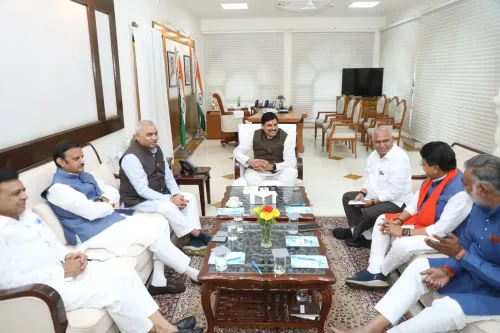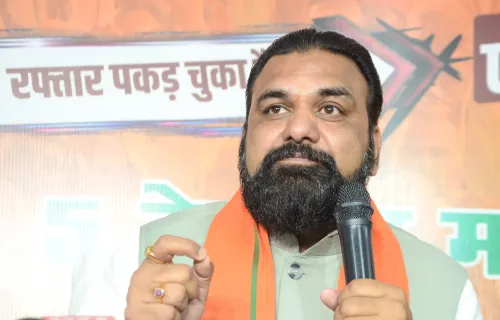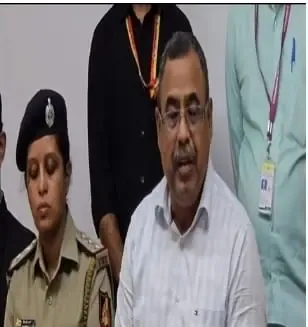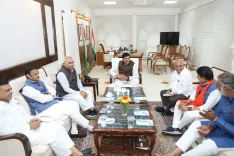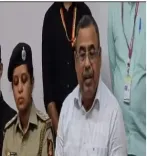How is the Bengal CEO Office Creating a Polling Booth Database?
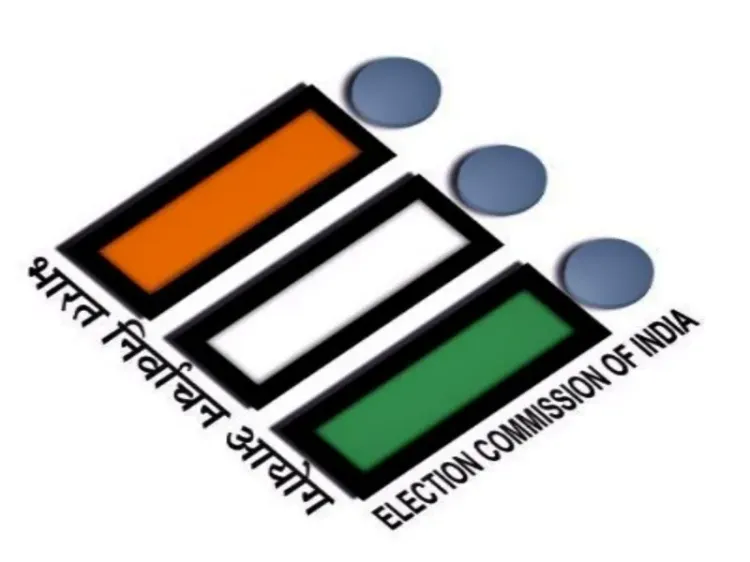
Synopsis
Key Takeaways
- New polling booth database being created for West Bengal elections.
- Over 94,000 booths to be available, marking a significant increase.
- Database to help voters know their assigned booths and facilities in advance.
- Initiative aims to enhance voter accessibility and experience.
- Direct access for district and block level officials to facilitate smooth operations.
Kolkata, Sep 20 (NationPress) To equip the voters of West Bengal with direct and detailed information about the polling booths designated for them in the significant state assembly elections next year, the office of the Chief Electoral Officer (CEO), West Bengal, has initiated the creation of a comprehensive virtual database of these booths.
An insider from the CEO’s office revealed that this database will be invaluable for voters to ascertain their assigned polling booths ahead of time. Many long-time voters may find that their polling booth numbers have changed from previous years.
This adjustment comes as West Bengal prepares for the important assembly elections, which will see an almost 17% increase in the number of polling booths compared to the 2024 Lok Sabha elections and the 2021 West Bengal Assembly polls.
In total, the 2026 Assembly elections will feature a network of over 94,000 booths, reflecting a 16.50% rise over the previous elections.
According to a source within the CEO's office, the increase in booth numbers is mandated by the Election Commission of India (ECI), which stipulates that the maximum number of voters per booth should not exceed 1,200. Consequently, this necessitates an expansion in the number of polling booths.
“As a result, the CEO’s office is diligently compiling a detailed database to accurately document the locations, infrastructure, and facilities available at both old and new booths. This information will confirm that all necessary services are accessible to voters at each booth. The primary objective of the CEO’s office is to provide voters with timely information regarding their assigned polling booths, ensuring a smooth experience on polling day,” stated the insider.
This database will include critical details such as the distance from voters' residences to their assigned booths, available facilities like ramps, washrooms, and toilets, as well as the overall infrastructure condition and the number of entry and exit points.
“District and block level electoral administration will have direct access to this database,” the insider added.

